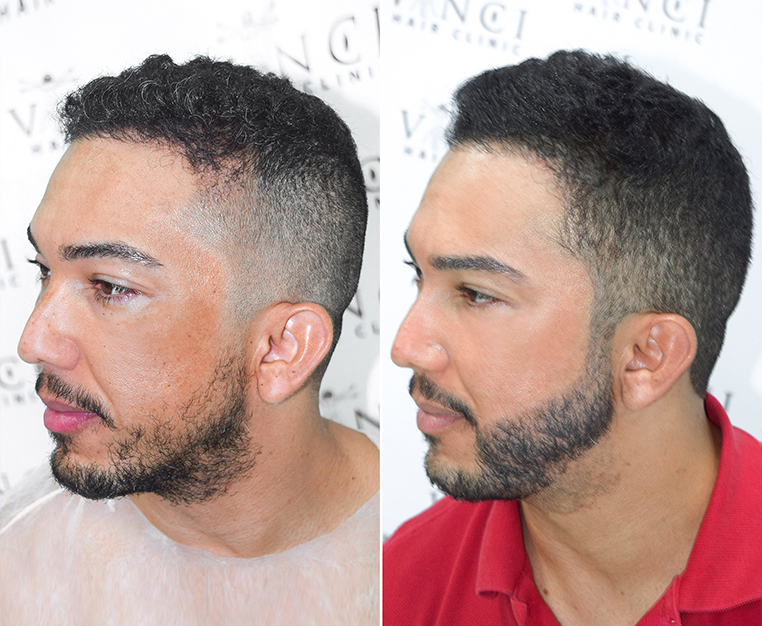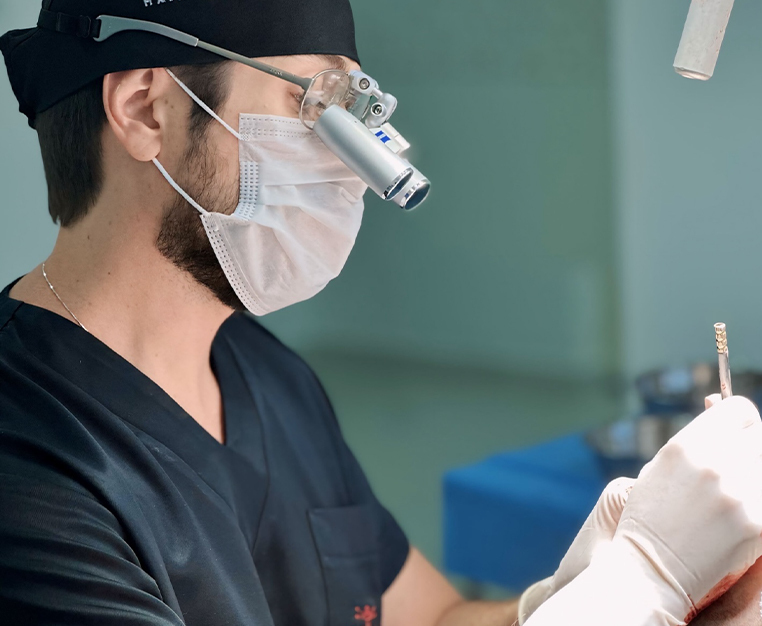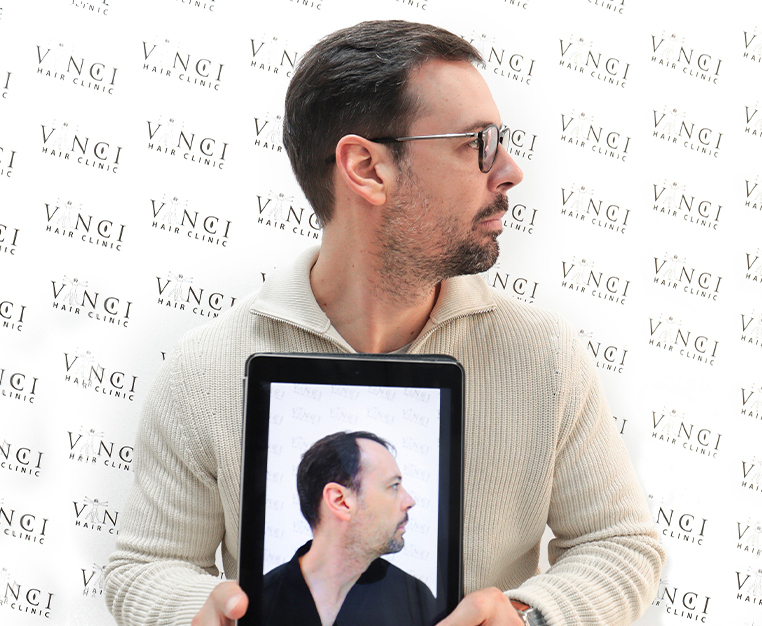Doing an internet search on hair growth supplements can be something of a discouraging experience. That’s because there’s so much information available and wading through it takes time. The amount of marketing hype surrounding each product doesn’t help either. Miracle cures are touted, ambitious claims are made for the efficacy of this or that particular supplement. It’s very difficult, nay, impossible, to sort the snake oil products from those that might be genuinely helpful. Maybe this article can be of assistance. While we can’t review every single hair growth supplement, we can run our eye over a few that pop up on the internet most frequently. Keep scrolling to learn more!
Buyer Beware!
Let’s start with three products for which great claims have been made without any solid evidence to support them. Methylsulfonylmethane (MSM) is a naturally occurring compound that contains sulphur. Marketed as a dietary supplement for promoting hair growth, advocates claim that MSM provides the sulphur necessary for the production of collagen and keratin, two proteins that are essential for hair growth and strength.
The available research on MSM’s effects on hair growth is relatively limited, however. While some studies look promising, more work is needed.
Bamboo extract is promoted as a natural ingredient for promoting hair growth and improving hair health. It is derived from the bamboo plant and is rich in silica, an essential mineral that plays a role in the formation of collagen. Collagen maintains the health of various tissues, including hair, skin and nails.
As with MSM, the available research on the specific effects of bamboo extract on hair growth is limited. While silica is indeed important for hair health, there is not enough scientific evidence to conclusively establish the effectiveness of bamboo extract as a hair growth supplement.
Horsetail extract is another commodity promoted as a natural remedy for hair growth. It is derived from the Equisetum arvense plant, commonly known as horsetail or field horsetail. While horsetail extract contains several beneficial compounds, including silica and antioxidants, there is little to support its effectiveness as a hair growth supplement.
While some small studies and anecdotal reports suggest that horsetail extract may have positive effects on hair health, these findings are preliminary and not definitive. Additionally, most of the studies conducted on horsetail extract have focused on its use in topical applications rather than as an oral supplement.
More Promising!
Iron and zinc are essential minerals that play crucial roles in an individual’s general health. Iron is necessary for the production of haemoglobin, a protein that carries oxygen to the body’s tissues, including the hair follicles. When iron levels are deficient, the hair follicles may not receive enough oxygen and nutrients. This can negatively affect hair growth.
Zinc deficiency has also been associated with hair loss and poor hair growth. The mineral helps maintain the structural integrity of hair proteins like keratin. Additionally, it is a vital cog in DNA and RNA synthesis, both important processes for cell division and hair follicle growth.
A balanced diet that includes foods rich in iron and zinc is usually enough to support healthy hair growth but speak with your doctor if you suspect you have a deficiency.
Minoxidil is a medication commonly used to promote hair growth in individuals experiencing hair loss. It’s available as a topical solution or foam as well as an oral supplement. Minoxidil was initially used as a medication for high blood pressure, but when researchers noticed that one of its side effects was hair growth, it was developed as a treatment specifically for androgenetic alopecia.
Minoxidil improves the supply of food and nutrients to the hair follicles. It may also promote hair growth by stimulating the hair follicles and increasing their size. Its effectiveness has been supported by numerous clinical studies.
Finasteride is an oral medication that is commonly prescribed for the treatment of male pattern baldness. It is not typically referred to as a ‘hair growth supplement’, but rather a medication used specifically for hair loss.
Clinical studies have shown that finasteride can be effective in reducing hair loss and promoting hair regrowth in men. It is not approved for female use; it can be harmful to pregnant women and women of childbearing age.
Like any medication, finasteride has potential side effects. However, these side effects are generally rare and reversible upon discontinuation of the medication.
Final Thoughts
We’re going to conclude this brief review with a word of advice: don’t embark on any course of supplements or hair treatment without first consulting a hair expert. You could end up treating yourself for the wrong problem altogether. Talk to someone who can identify the real issue!
Vinci Hair Clinic can help with that. As one of the world’s leading hair restoration organisations, we have some of the best hair specialists in the business. First-time clients are entitled to a free, no-obligation consultation. This can take place in person at one of our clinics or using photographs over the phone. Make your appointment today!





